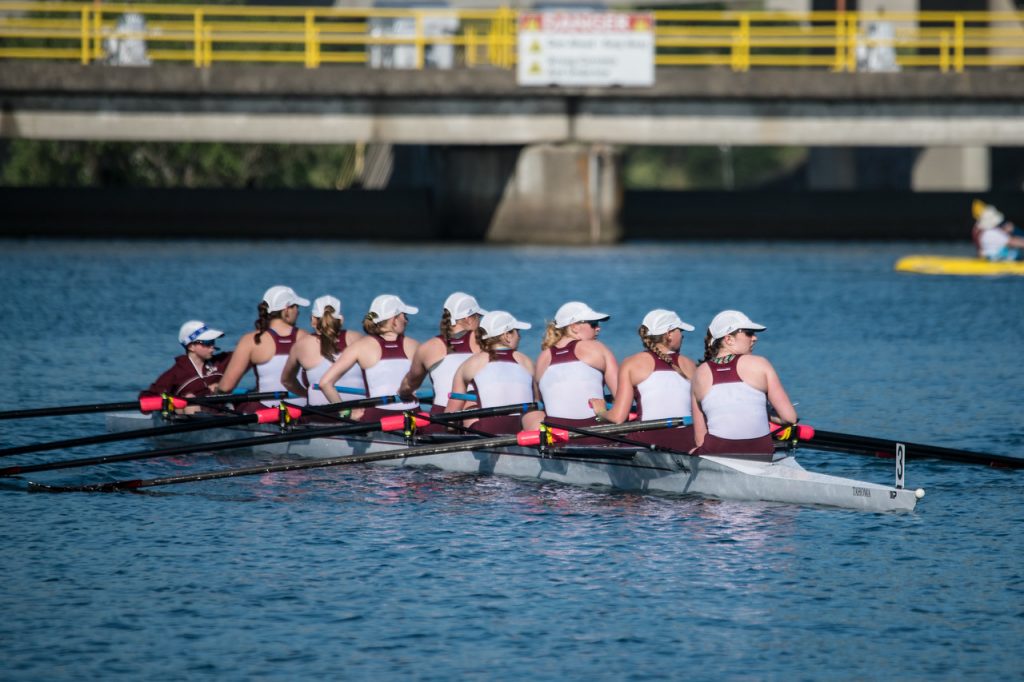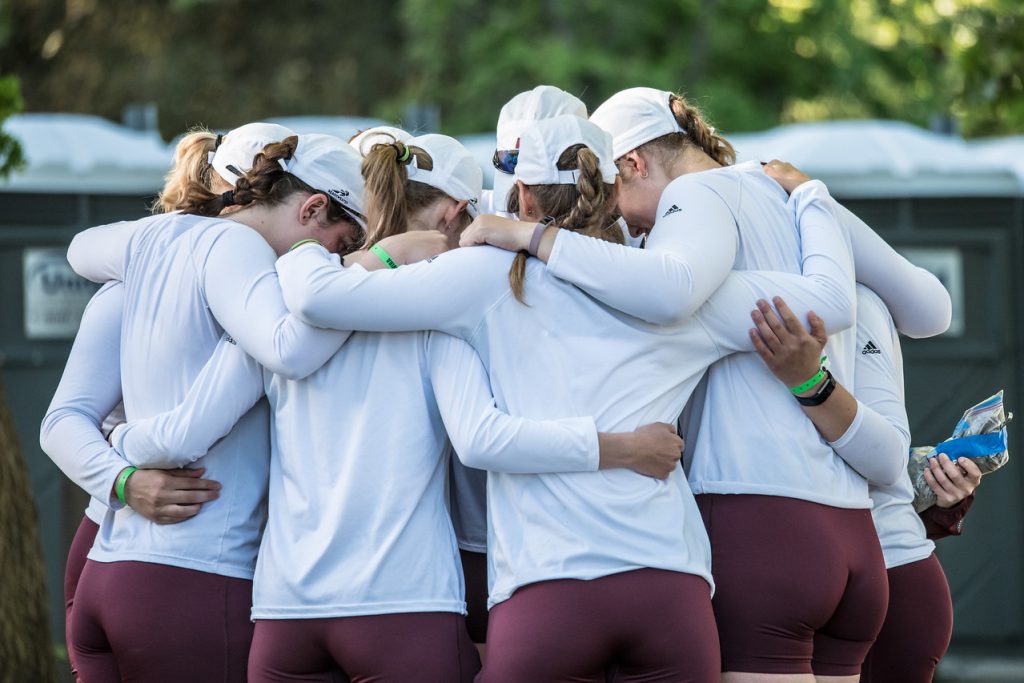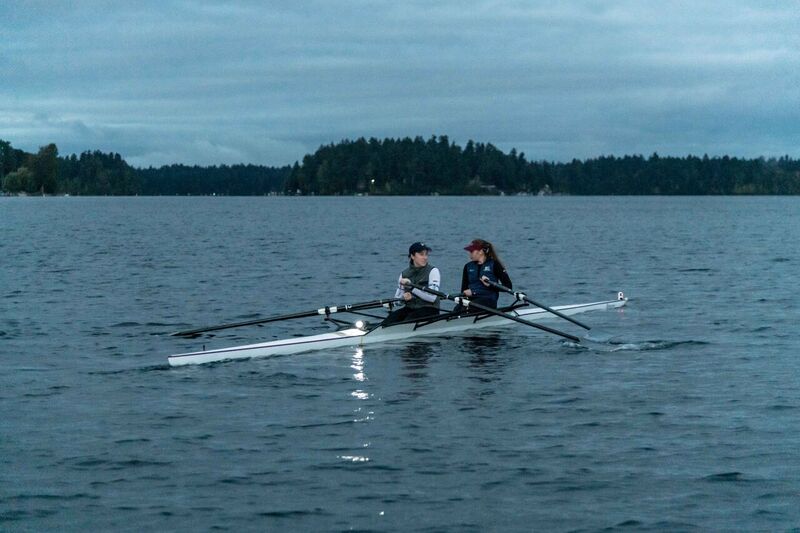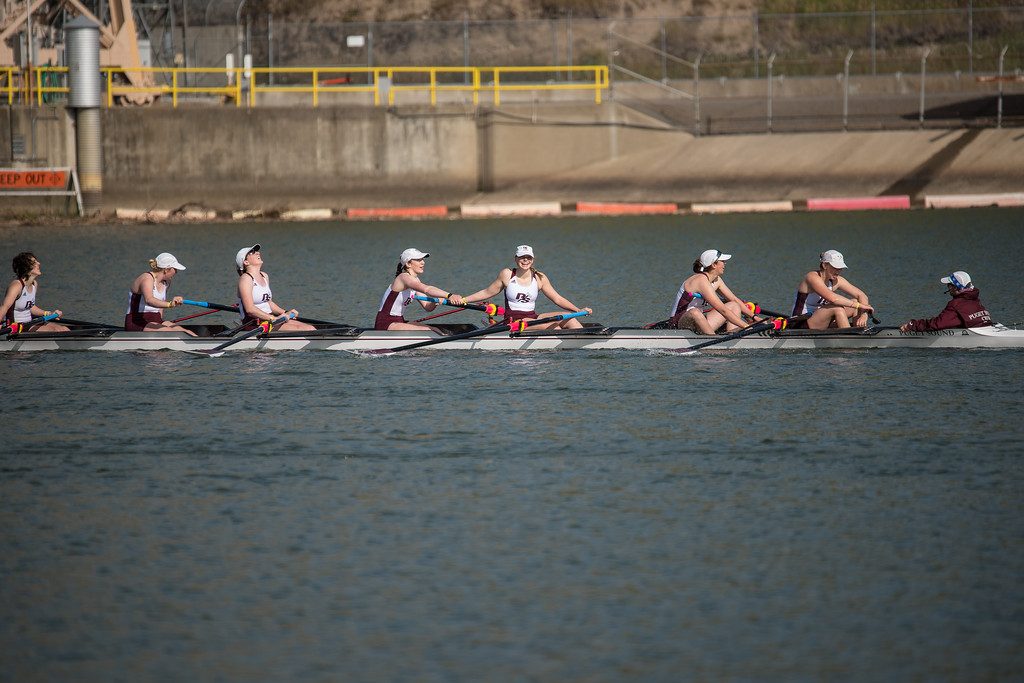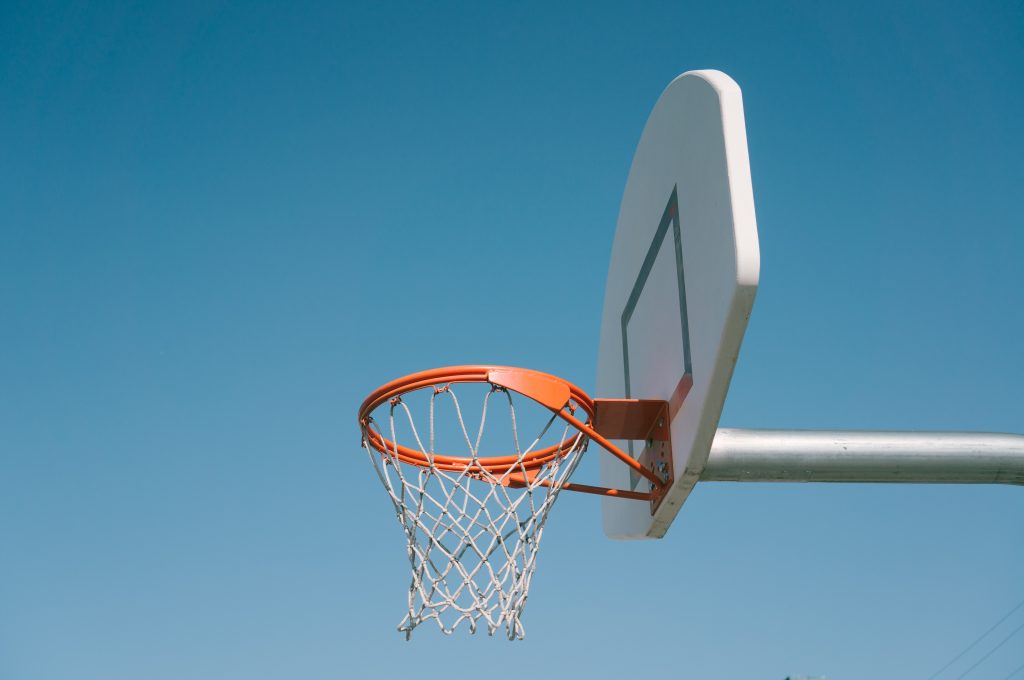An Opinion Piece By Emma Piorier
Among the student athletes mourning the end of the spring season are those who participate in campus club sports. Club sports exist within an interesting organizational framework- they are governed by ASUPS and thus are managed by ASUPS student senate in consistency with other club bodies. Essentially, club athletics, with some individual bylaws within the ASUPS constitution, are subject to the same governing as all other student-organizations.This framework has wide-sweeping implications for student organizations across the board: club sports are considered the same as identity clubs, various student leadership initiatives, support groups and interest cooperatives within the funding process throughout the school year. Furthermore, student elected representatives are tasked with the responsibility of navigating the intricacies of club athletics, club sport funding, club sports independent governing bodies and choosing how to prioritize the allocation of funds to best support athletes while considering the plethora of other student interest groups.
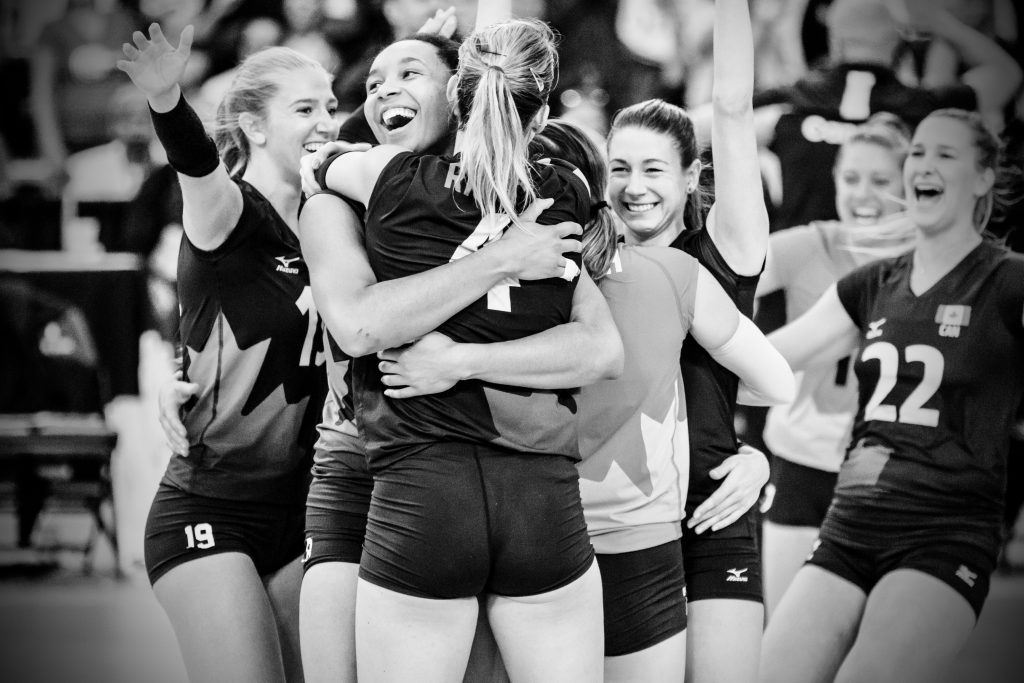
As a former senator and club sport liaison for the ASUPS senate, when allocating funding, I often felt like the questions I was told to answer felt like an unfair and unrepresentative comparison between sports, social justice, academic groups and student interests. Not because one is more valuable for a student experience, but because they exist in different realms of organization and resource needs. This dynamic was exacerbated in coverations of funding regarding identity groups and club athletes; How do you prioritize the funding of athletics versus that of the Black Student Union? Why should the Gay Alliance have to compete for the same funding as Men’s Lacrosse? Why do student interests have to be mutually-exclusive? In essence, club sports are a mountainous toll for student-elected leaders as sports require a vastness of resources that ASUPS feels ill-prepared to navigate- an implication that unfairly affects all student organizations not just the sport teams.
This system of imbalance is illuminated with the end of the sports seasons and the simultaneous end to the ASUPS budget year. Clubs at the University receive autonomy over their budget account until July 1st. Following the end of the Budget year, student budget access ends and the club reapplies for funding the following fall. Generally, this system is effective; clubs budget the money they need, apply for it through student senate, senate allocates, and if the students successfully follow-through with their budget they end the season with no remaining funds.

Club sports generally hold some of the highest budgets in the ASUPS office- tournament bid fees, flights, hotels and practice equipment add up quickly. To supplement these costs, club sports are also required to fundraise for their season.The end of the college sports season left thousands of dollars unused by sports teams who were anticipating future travel and competition.
Consequently, with the end of the budget year, club sports are now facing the loss of thousands in fundraising- funds that could be used in the following season to alleviate the stress of bringing in money.
As a member of the Women’s Ultimate team, we are watching over $5,000 dollars go unused, much of which we raised through various fundraising and campaigning efforts.*
This example highlights a larger question of structure; should student government be in-charge of managing a huge sector of student athletics? To me, the answer is clear. Club sports need the University to develop an independent governing system to reduce the toll on ASUPS and on club sports and alleviate the unfair representation that both student athletes and other non-athletic club participants face from being lumped into the overarching title of “club”. Student social justice work, art projects, and media production are crucial to this campus. As are the experiences of student athletes. Our student body should not have to compete for resources and should be encouraged to engage on campus in multiple dimensions. This is my call for structural change.**
*We have inquired about appealing the budget roll-over protocol. Though we have not been granted a roll-over, the new administration has expressed that we can apply through a finance request in the fall to re-retrieve the money from the season. We hope that the new leadership will consider revising roll-over budget protocol to ensure club sports have the ability to maintain autonomy of their capital.
**University NCAA Division 3 sports are funded separately through the University. Non-NCAA regulated sports are categorized as “club” and funded through ASUPS and governed through outside independent organizations. Link to club sports: https://asups.pugetsound.edu/asups-clubs



